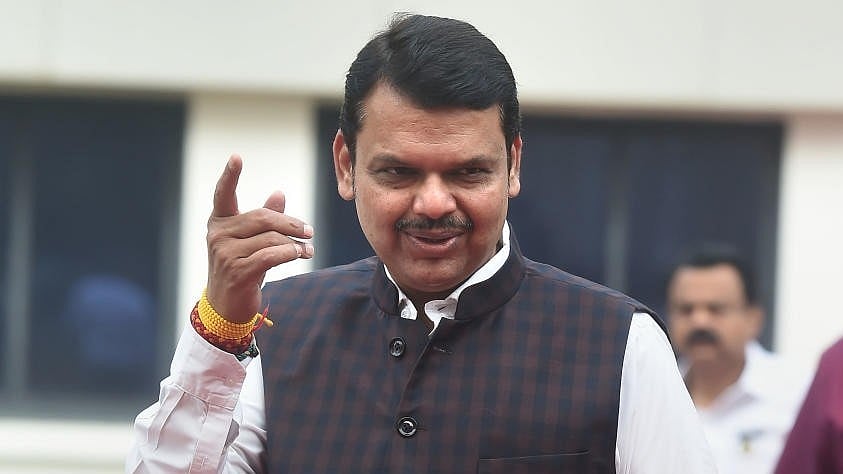
Maharashtra CM Devendra Fadnavis
Credit: PTI Photo
The Maharashtra Special Public Security (MSPS) Bill, which seeks “to provide for effective prevention of certain unlawful activities of left-wing extremist organisations or similar organisations,” is badly conceived, vaguely worded, and is likely to be implemented prejudicially, or even maliciously. It has been passed by the state legislature and will soon be law, after receiving the Governor’s assent. The state government sees the Bill as a measure to counter "urban Maoism," which it considers a serious internal security threat. But this must be seen as separate from the Maoist insurgency threat relevant to states, including Maharashtra. A joint select committee of the legislature deliberated on the Bill, but most of the suggestions and objections were rejected. The Bill targets all organisations and frontal groups that indulge in unlawful activity which, in the government’s view, poses a security threat. This move undermines democracy and endangers the basic freedoms of citizens.
Urban Maoism and urban Naxalism are political terms used by the BJP and its leaders to describe activists, students, academics, and even members of the Opposition who are critics of the party and the government. Those who have expressed dissent against the ideology of the ruling party and criticised the actions of the government have been branded as urban Naxalites. The Bill would most likely go after them, and its stringent provisions, seen to be even harsher than those under the draconian Prevention of Money Laundering Act (PMLA), are liable to be arbitrarily used. Chief Minister Devendra Fadnavis said the Bill was needed to counter organisations that are “brainwashing the youth”, while noting that left-wing extremism had declined in the state and is now seen only in two blocks. That makes the Bill’s objectives clear.
Many terms used in the Bill, including "frontal organisations", are vague, and the offences are not clearly defined. The Bill prescribes a jail term of up to seven years and attachment of property for any “spoken or written” action or a "visual representation" that can be construed as a "danger to peace and tranquillity" or interferes with "maintenance of public order." "Encouraging or preaching disobedience" to established law and its institutions can invite action. Arrests can be made without a warrant, and are non-bailable. This would mean that writings or speeches of critics and activists or protests against the government are liable to be considered as posing a danger to peace and tranquility, and can attract action under the law. The Bill has the makings of another law intended to curb and criminalise dissent.
